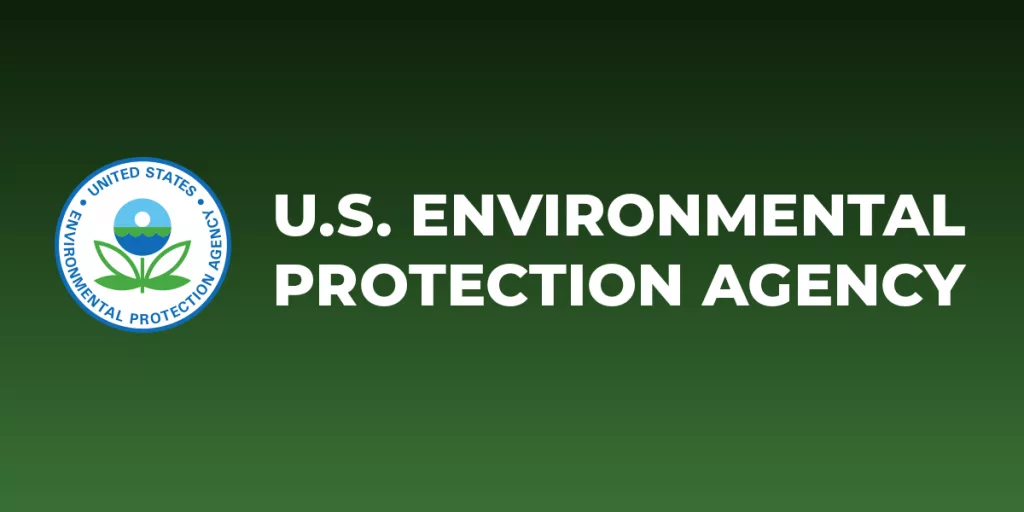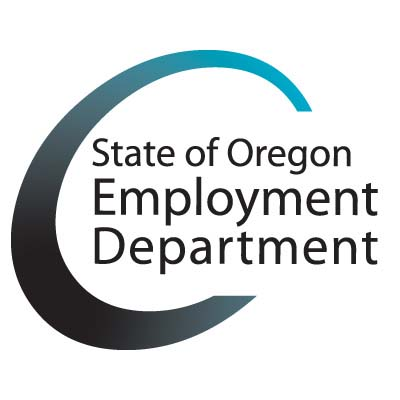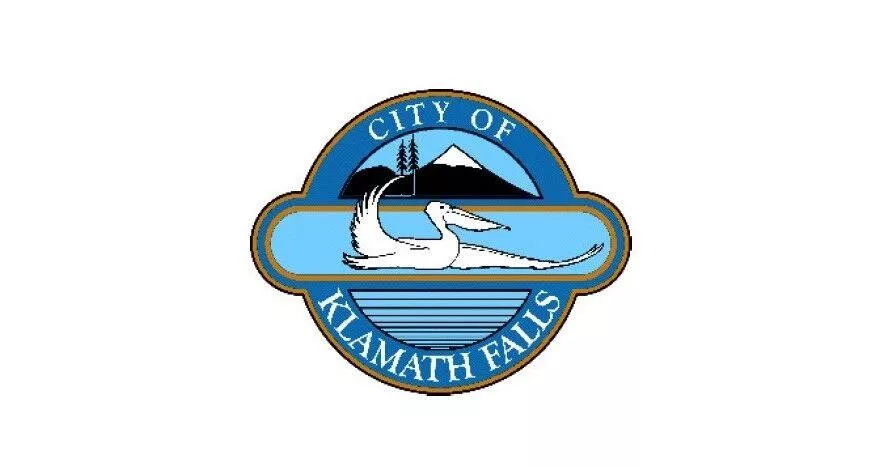SEATTLE — Today, the U.S. Environmental Protection Agency announced that the Oregon Department of Environmental Quality has been selected to receive $6,543,857 in funding to assist in the purchase of 26 zero-emission, all-electric school buses through a first-ever Clean Heavy-Duty Vehicles Grant Program.
“Thanks to President Biden, we are accelerating American leadership in developing clean technologies that address the impacts of climate change,” said EPA Administrator Michael S. Regan. “Together, the Clean Heavy-Duty Vehicles Grant projects announced today will slash air pollution and enhance the country’s infrastructure for cleaner transportation solutions, creating good-paying jobs along the way.”
“Transportation emissions contribute significantly to the climate crisis, and creating opportunities like this with school buses to reduce those emissions is key to tackling this issue head-on in Oregon and nationwide,” said Senator Ron Wyden (D-OR). “Our state has been leading the way in this charge to electrification, and I applaud this funding that will replace aging school buses and install new EV charging stations all while helping to create a better and healthier climate for students and all Oregonians.”
“Every child should be able to travel to and from school without having to be exposed to dangerous air pollutants that drive asthma and other diseases,” said Senator Jeff Merkley (D-OR). “These continued investments will support Oregon school districts as they purchase electric school buses, ramp up training, and build out charging infrastructure. This transition will keep the air cleaner for our kids and neighborhoods and save school districts money. I’ll keep fighting for funding and legislation that we need to upgrade more school bus fleets around Oregon.”
“Transitioning to electric school buses is good for children and the planet,” said Congresswoman Suzanne Bonamici (D-OR-1). “This new investment from the Inflation Reduction Act builds on previous clean school bus funding and will support the infrastructure necessary to charge and maintain Oregon’s growing electric fleet. The funding will also increase awareness about the benefits of clean, electric school buses in the low-income Portland communities that are often more threatened by diesel pollution. It’s exciting to see that the biggest climate bill in the nation’s history continues to deliver for Oregonians. I will continue to support legislation to address the climate crisis.”
The Oregon Department of Environmental Quality has been selected to receive an anticipated $6,543,857. This grant proposal for school bus electrification comprises of four program elements: 1) install a mix of Level 2 and DC Level 3 charging infrastructure in partnership with Portland General Electric to support funded electric school buses, 2) scrap and replace 26 diesel Type C and Type D school buses with zero-emission, all-electric school buses, 3) train Beaverton and Reynolds School District’s workforce of 17 mechanics to become fully-fledged electric vehicle and charging infrastructure technicians using trusted electric school bus curriculum sourced from local partners, and 4) engage local Title I communities to share information around the benefits of the Beaverton and Reynolds district fleet electrification project.
EPA’s Clean Heavy-Duty Vehicles Grant program, created by President Biden’s Inflation Reduction Act, will replace existing internal combustion engine heavy-duty vehicles with zero-emission vehicles, while also supporting the build out of clean vehicle infrastructure, as well as the training of workers to deploy these new zero-emission technologies.
Across the nation, over 3 million Class 6 and Class 7 vehicles are currently in use, spanning a wide variety of vehicle types and vocations. Many of these are older vehicles that emit higher levels of harmful pollutants like nitrogen oxides, fine particulate matter, and greenhouse gases than newer vehicles. This pollution is associated with respiratory and cardiovascular disease, among other serious health problems. Children, older adults, those with preexisting cardiopulmonary disease, and those of lower socioeconomic status are particularly vulnerable to these health impacts. Cleaning up pollution from heavy-duty vehicles helps protect the health of 72 million people living near truck freight routes in America.
EPA’s Clean Heavy-Duty Vehicles Grant Program will accelerate the adoption and deployment of eligible Class 6 and 7 zero-emission vehicles. Vehicles eligible for replacement include older vehicles powered by internal combustion engines that pre-date recent EPA emission standards.
Roughly 70% of the funding awarded today will support the purchase of clean school buses, helping provide clean air for children on their ride to school. These awards complement EPA’s Clean School Bus program through the President’s Bipartisan Infrastructure Law, which has awarded nearly $3 billion for nearly 9,000 clean school buses to date.
The Clean Heavy-Duty Vehicles Grant Program advances President Biden’s Justice40 Initiative, which aims to deliver 40% of the overall benefits of certain federal investments to disadvantaged communities that are marginalized by underinvestment and overburdened by pollution.
EPA prioritized disadvantaged communities facing air quality challenges, including nonattainment with EPA’s fine particulate matter (PM2.5) and ozone (O3) National Ambient Air Quality Standards (NAAQS) or high levels of ambient diesel PM. Applications were evaluated on engagement with affected communities, especially local residents, to ensure their meaningful participation with respect to the design, planning, and performance of the project. Approximately $523 million of the funds announced today will be used to fund projects serving communities located in areas in nonattainment with the NAAQS.
In addition to the funding for the replacement of existing internal combustion engine Class 6 and 7 heavy-duty vehicles with eligible Class 6 and 7 zero-emission vehicles, funding may also be used to support zero-emission vehicle adoption and deployment by providing:
- Zero-emission vehicle refueling infrastructure.
- Workforce development and training.
- Project implementation costs.
EPA will work with selected applicants over the coming weeks to finalize awards. EPA currently anticipates finalizing awards in early calendar year 2025 once all legal and administrative requirements are satisfied. Project implementation will occur over the next two to three years depending on the scope of each project.
Visit the Clean Heavy-Duty Vehicles Grant Program webpage for additional information and updates as EPA works with tentatively selected applicants to finalize awards and implement their projects.





